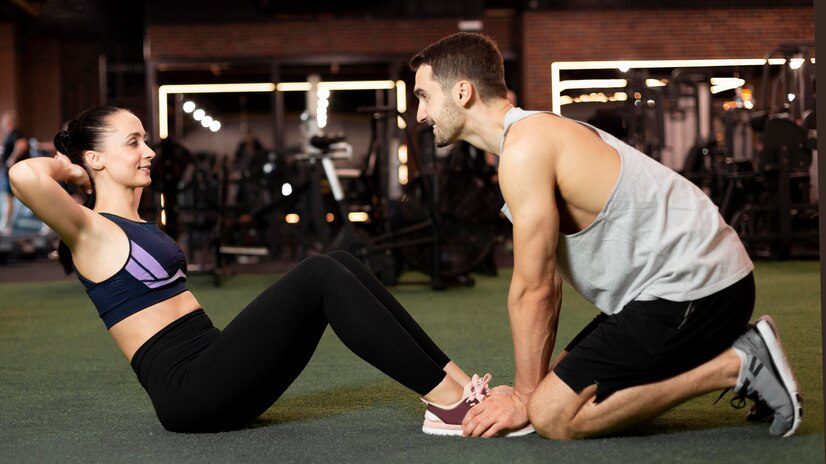Gone are the days of isolating muscle groups with endless reps of bicep curls and leg extensions. Athletes of all levels are embracing a new training paradigm: functional training. This dynamic approach focuses on building strength and power through movements that mimic real-life activities, enhancing performance and reducing injury risk. Let’s dive into the world of functional training and discover how it can elevate your athletic game.
What is Functional Training?
Functional training is all about training your body to perform tasks efficiently and effectively. Unlike traditional weightlifting which isolates muscle groups, functional training emphasizes compound movements that engage multiple muscle groups simultaneously. It’s like training your body to be a well-oiled machine, ready to tackle any challenge.
The Science Behind Functional Training
Studies have shown that functional training can significantly improve athletic performance, reduce injury risk, and enhance overall fitness. By mimicking real-life movements, it helps athletes develop the strength, power, and coordination needed to excel in their sport.
Table: Benefits of Functional Training
| Benefit | Description |
| Improved Performance | Enhanced speed, agility, and power |
| Reduced Injury Risk | Stronger core and better balance |
| Increased Functional Strength | Ability to perform daily tasks with ease |
| Enhanced Sports Specificity | Improved performance in specific sports |
Incorporating Functional Training into Your Routine
To reap the benefits of functional training, consider incorporating these exercises into your workout routine:
Bodyweight Exercises: Squats, lunges, push-ups, and planks are excellent starting points.
Kettlebell and Dumbbell Workouts: These versatile tools offer endless exercise variations.
Plyometrics: Explosive exercises like box jump and medicine ball slams improve power and explosiveness.
Core Training: A strong core is essential for stability and performance. Concentrate on exercises such as planks, Russian twists, and leg raises.
Common Mistakes to Avoid
While functional training is beneficial, it’s important to avoid common pitfalls:
Neglecting Core Strength: A strong core is the foundation for all functional movements.
Overlooking Flexibility: Good mobility is essential for optimal performance and injury prevention.
Ignoring Proper Form: Focus on technique and control to avoid injuries.
Neglecting Recovery: Allow your body ample time to rest and repair.
Functional Training for Different Sports
Functional training can be adapted to suit the specific needs of various sports:
Football: Improve agility, speed, and power with exercises like lateral jumps and plyometric push-ups.
Basketball: Enhance explosiveness and coordination with drills like ladder drills and medicine ball slams.
Tennis: Improve balance, flexibility, and core strength with exercises like single-leg squats and rotational medicine ball slams.
The Benefits of Functional Training for Athletes
Enhanced Performance: Functional training improves strength, power, speed, agility, balance, and coordination – all essential components of athletic performance.
Reduced Injury Risk: By strengthening core muscles and improving body awareness, athletes are less prone to injuries.
Improved Sports-Specific Skills: Functional training translates directly to better performance on the field, court, or track.
Increased Explosiveness: It helps athletes generate more power and explosiveness, leading to faster starts and stronger finishes.
Better Body Awareness: Functional training fosters a deeper understanding of how the body moves, enhancing overall athleticism.
The Future of Training
As the fitness industry evolves, functional training is poised to become the cornerstone of athletic development. Its focus on holistic fitness and performance enhancement aligns perfectly with the demands of modern sports. By incorporating functional training into your routine, you’ll be well-equipped to unleash your athletic potential and dominate your sport.
Remember, consistency is key. Incorporate functional training into your regular workout routine and enjoy the benefits of a stronger, more athletic you.







